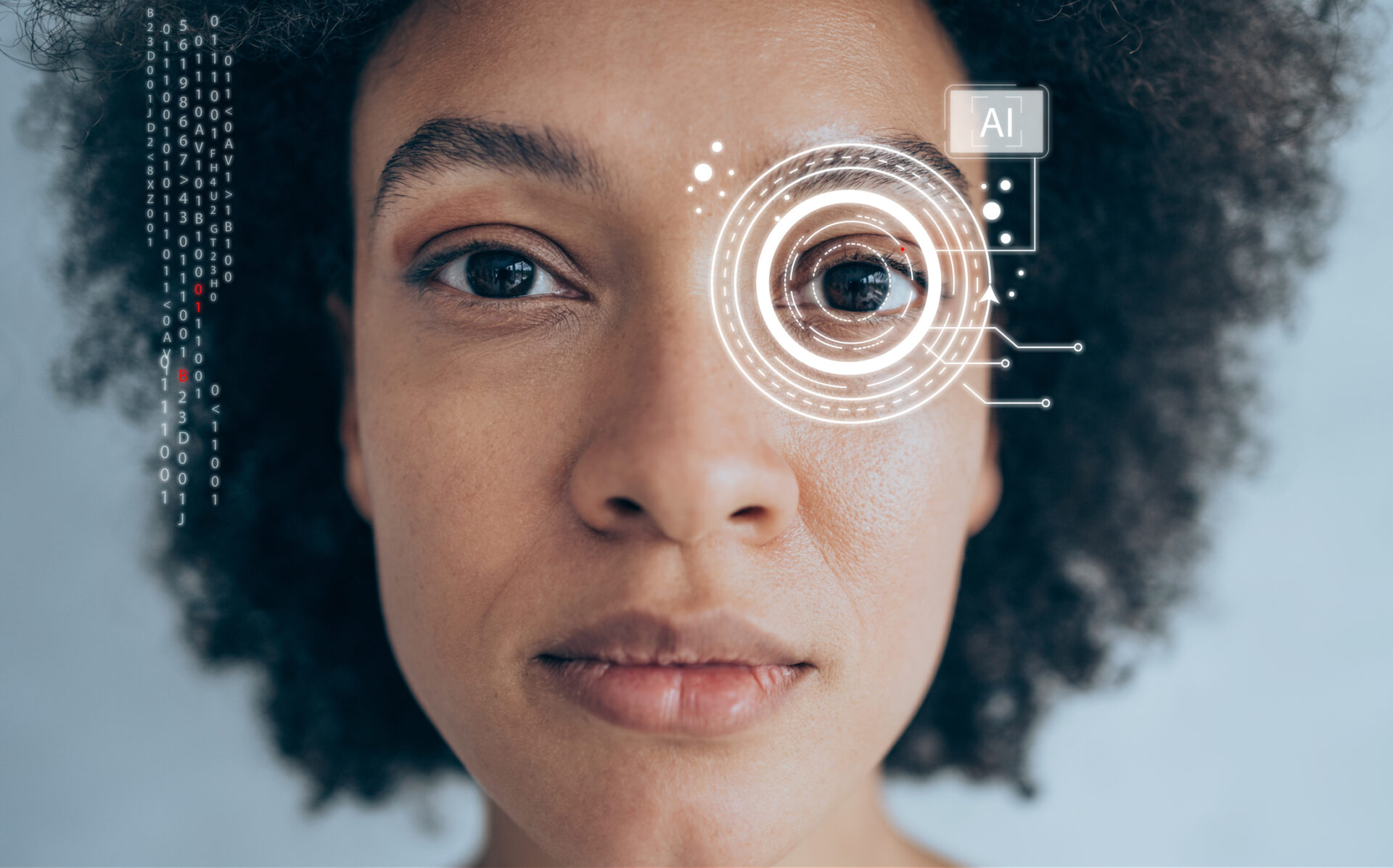President Biden’s latest executive order holds powerful AI systems to new standards while taking action to prevent potential risks.
From AI-enabled fraud and deception to discrimination and bias, the sobering reality is that AI outcomes can restrict those most in need of many essential services. There has long been a call for the Biden administration to prioritize and address how AI and technology can exacerbate racial and other inequities.
BLACK ENTERPRISE spoke with Arati Prabhakar, assistant to the President and director of the Office of Science and Technology Policy, about Biden’s landmark effort to address these issues. The Executive Order on Safe, Secure, and Trustworthy Artificial Intelligence took effect on Monday, October 30, 2023.
“The Executive Order establishes new standards for AI safety and security, protects Americans’ privacy, advances equity and civil rights, stands up for consumers and workers, promotes innovation and competition, advances American leadership around the world, and more,” according to a press release provided to BE.
Prabhakar, an engineer, emphasized that companies should have a moral responsibility for deploying technology. Open AI and Google are no exceptions. She is adamant that the newly signed order is crucial to the national security of Americans and the future of AI.
Studies have found AI-enabled anti-Black bias in training and recruiting as well as AI lending. Specifically, 80% of Black applicants are more likely to be rejected for mortgages, along with 40% of Latino applicants, and 70% of Native American applicants. Furthermore, academic research has revealed that predictive algorithmic technology used by policing and judicial systems excludes racially marginalized and other politically oppressed groups. In 2021, there were 1,186 Black adults incarcerated in state or federal facilities for every 100,000 adults, according to the Bureau of Justice Statistics, compared to 222 white adults.
“Those of us who create technology, we do it because we want to make the world a better place. We want to create a better future. That doesn’t happen unless we’re just as deliberate about how we use the technologies as we are innovating,” Prabhakar explains. “And the president celebrated American innovation and the advances that we’ve made, but he also said we’re [going to] lead in being smart about how we use AI.”
The executive order is “everything a president can do under existing law” to seize the promise of AI’s growing capabilities, Prabhakar says, adding that Biden “cares about getting it right for everyone in this country around the world.” There is no denying the power and potential of AI but the governing AI aims to bolster privacy and advance civil rights, which are among deep concerns.
“When the vice president met with four CEOs of leading AI companies back in May, the president dropped by to meet with [them] briefly,” Prabhakar says. “We had a very blunt conversation with these CEOs and the vice president said to [them] that they had not just a legal, but a moral responsibility to make sure that their products were safe before they went out in the world.”
Experts have particularly challenged AI developers and technologists to address in-built biases Recommendations have included rigorous quality testing of AI systems, full transparency of datasets, and viable opt-outs.
“We can’t have these systems embed discrimination,” Prabhakar says.
To redress the balance, Executive order directs the following:
- The National Institute of Standards and Technology will set the rigorous standards for extensive red-team testing to ensure safety before public release.
- Promote a fair, open, and competitive AI ecosystem by providing small developers and entrepreneurs access to technical assistance and resources, helping small businesses commercialize AI breakthroughs, and encouraging the Federal Trade Commission to exercise its authorities.
- Develop guidelines for federal agencies to evaluate the effectiveness of privacy-preserving techniques, including those used in AI systems.
- Provide clear guidance to landlords, federal benefits programs, and federal contractors to keep AI algorithms from being used to exacerbate discrimination.
- Address algorithmic discrimination through training, technical assistance, and coordination between the Department of Justice and Federal civil rights offices on best practices for investigating and prosecuting civil rights violations related to AI.
- Ensure fairness throughout the criminal justice system by developing best practices on the use of AI in sentencing, parole and probation, pretrial release and detention, risk assessments, surveillance, crime forecasting and predictive policing, and forensic analysis.
